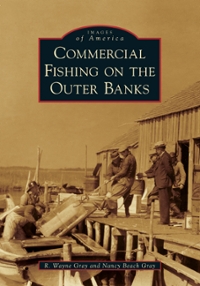Question
I need help understanding the Marx theory of crisis. According to the Capital Accumulation wikipedia article: A. A crisis of over accumulation of capital occurs
I need help understanding the Marx theory of crisis.
According to the Capital Accumulation wikipedia article:
A. A crisis of over accumulation of capital occurs when the rate of profit is greater than the rate of new profitable investment outlets in the economy, arising from increasing productivity from a rising organic composition of capital (higher capital input to labor input ratio).
B. This depresses the wage bill, leading to stagnant wages and high rates of unemployment for the working class while excess profits search for new profitable investment opportunities.
Part A. How does [Capital input> Labour input] lead to
[Rate of profit> Rate of new profitable investment] ? Is it because of decreased productivity? (Please elaborate not just copy paste.)
Is my understanding of B. correct?
When over accumulation occurs, wages decrease or remain the same as there is more supply than demand (overproduction of commodity). This leads to increase in unemployment- Is this where Marx's underconsumption happens which then lead to the tendency of profit rate to fall?
Step by Step Solution
There are 3 Steps involved in it
Step: 1

Get Instant Access to Expert-Tailored Solutions
See step-by-step solutions with expert insights and AI powered tools for academic success
Step: 2

Step: 3

Ace Your Homework with AI
Get the answers you need in no time with our AI-driven, step-by-step assistance
Get Started


